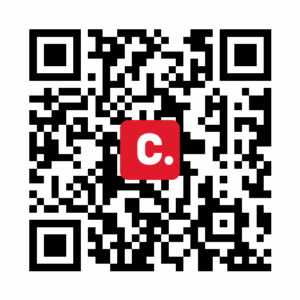Sauvons le patrimoine archéologique !
Actuellement, les attaques contre l’archéologie se multiplient.
Contre la remise en cause de la loi sur l’archéologie préventive et du Code du patrimoine et pour sauver le patrimoine archéologique, une pétition est lancée ! (texte en pièce jointe).
Nous vous invitons à la signer massivement et à la diffuser autour de vous dans vos réseaux auprès de la communauté archéologique bien sûr (Inrap, collectivités, SRA, opérateurs, CNRS, UMR, Universités, étudiants… ) mais aussi auprès du public.
Vous pouvez signer la pétition soit en ligne :
Soit en version papier (en pièce jointe) puis la scanner et la renvoyer à l’adresse mail suivante :

collectif.archeologie@gmail.com
Sauvons le patrimoine archéologique !
Contre la remise en cause de la loi sur l’archéologie préventive !
Pour un financement de l’archéologie publique à hauteur des missions !
Pour des recrutements à hauteur des besoins !
Le patrimoine archéologique est notre héritage,
protégeons-le tous ensemble !